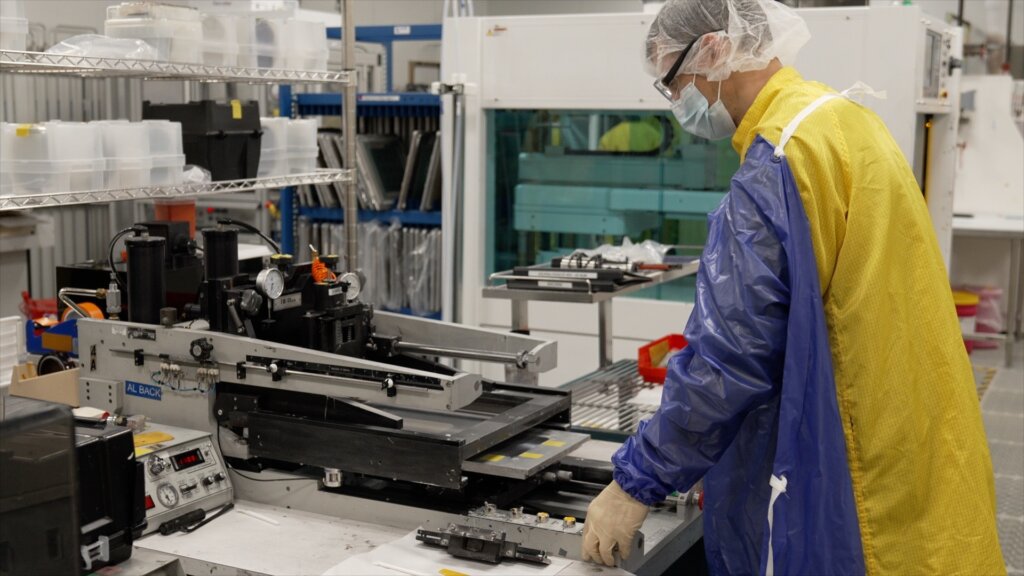
ConNEX Workshop: Partnering for Progress
New Energy Nexus, recently hosted a workshop focused on strategic partnerships, you can watch the recording above, or skim through the key takeaways and resources below.
Featured Speakers and Insights
The workshop featured several industry experts who shared their insights on building successful partnerships:
- Facilitator Emily Nichols, Momentum: Emphasized the importance of community building and fostering a collaborative environment.
- Carie Davis, Third Derivative: Highlighted the value of partnerships in accelerating the development and deployment of climate technologies.
- Aaron Rezendez, Pacific Gas and Electric Company: Shared insights on utility partnerships and the importance of aligning with strategic goals.
- Nikhil Gargeya, Activate: Introduced the Simplified Partnership Agreement (SIPA) as a tool to streamline and accelerate partnerships.
Key Takeaways
- The Power of Partnership: Strategic partnerships are essential to scaling innovation, accessing new markets, and creating a lasting impact. By collaborating with diverse organizations, businesses can leverage complementary strengths and resources to overcome challenges and achieve shared goals. CalTestBed Director, Rachel Yu, introduced the workshop saying, “We all know that we can’t build a clean energy future alone. Strategic partnerships are crucial to scaling innovation, accessing new markets, and creating sustainable impact.” In fact, 38% of New Energy Nexus California companies go through at least one other program within the California regional ecosystem.
- Identifying Strategic Partners: When seeking partnerships, it’s crucial to identify organizations that align with your mission and have the capacity to contribute to your success. Consider factors such as their expertise, resources, and network connections.
- Building Strong Relationships: Effective partnerships are built on trust, open communication, and mutual respect. Invest time in building relationships with potential partners, understanding their needs and priorities, and demonstrating your commitment to collaboration.
- Leveraging Shared Resources: By pooling resources and expertise, partners can accelerate innovation, reduce costs, and increase the impact of their efforts. This may involve sharing knowledge, technology, or infrastructure.
- Measuring Partnership Success: To ensure that partnerships are delivering value, it’s important to establish clear goals and metrics. Regularly assess the progress of partnerships and make adjustments as needed to optimize outcomes. Remember, if a partnership doesn’t work out, those are important lessons too.
“It’s okay to fail early. In fact, that may actually benefit both parties,” explained Rezendez. “We’re putting less resources into a direction that wasn’t going to be fruitful for either party, but it doesn’t mean that we can’t both pivot and find new opportunities from those learnings such that we do have a successful outcome because there are many problems to be solved.”
Practical Tips for Effective Partnerships
- Clear Communication: Establish open and honest communication channels to facilitate information sharing and collaboration.
- Shared Vision: Develop a shared vision and set clear goals to ensure alignment and focus.
- Flexibility and Adaptability: Be prepared to adapt to changing circumstances and adjust your approach as needed.
- Celebrate Successes: Recognize and celebrate milestones to maintain momentum and motivation.
Resources:

